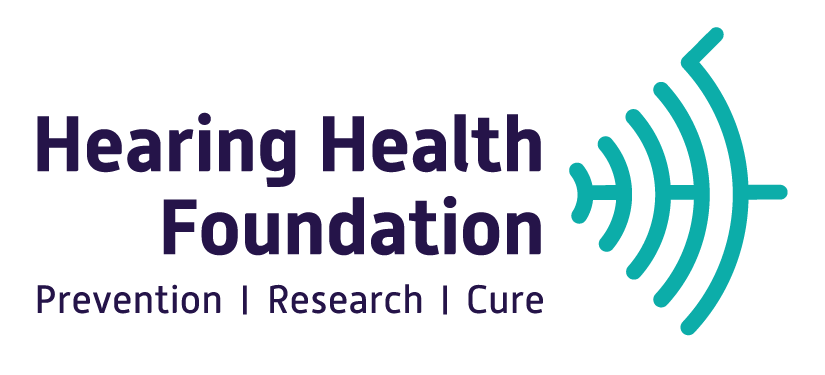By Hari Bharadwaj, Ph.D.
Autism spectrum disorder (ASD) is associated with language impairments, yet the neural mechanisms underlying these deficits are poorly understood. Neuroimaging has shown that processing of socially relevant sounds, including speech and non-speech, is atypical in ASD. However, it has been unclear how the presence of lexical-semantic meaning (understanding vocabulary and context) affects speech processing in ASD.
We recorded magnetoencephalography data from individuals with ASD and typically developing (TD) peers while they listened to meaningful auditory speech sentences and meaningless jabberwocky sentences. Our findings, published in the journal Progress in Neurobiology in August 2021, demonstrate that ASD individuals show significantly stronger cortical responses to meaningless compared with meaningful speech in the same canonical language regions where TD individuals exhibit stronger responses to meaningful speech. These differences emerge well past the stimulus onset, at around 800–1000 milliseconds into the sentence. This divergence in responses as a function of the presence or lack of lexical-semantic information in speech is a striking difference between ASD and TD in the neural mechanisms underlying auditory speech processing.
The top row shows the brain regions studied, while the bottom row depicts the differences between listeners with autism spectrum disorder (ASD) and those who are typically developing (TD) when presented with meaningful versus jabberwocky sentences.
This suggests a receptive speech processing dysfunction in ASD, where unattended meaningless speech, filtered out in TD individuals, engages the language system through involuntary attention capture. The responses correlated with ASD symptom scores in several areas, including social-affective, attention-related, and sensory processing domains, demonstrating the relevance to the ASD phenotype.
A 2015 Emerging Research Grants scientist generously funded by the General Grand Chapter Royal Arch Masons International, Hari Bharadwaj, Ph.D., is an assistant professor at Purdue University with a joint appointment in the departments of speech, language, and hearing sciences; and biomedical engineering.









While individual neurons in the auditory midbrain may not accurately convey information about sound features, the collective activity of these neurons accurately represents sounds.